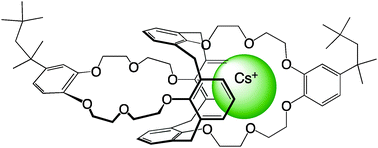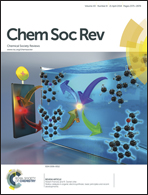Challenges to achievement of metal sustainability in our high-tech society
Abstract
Achievement of sustainability in metal life cycles from mining of virgin ore to consumer and industrial devices to end-of-life products requires greatly increased recycling rates and improved processing of metals using conventional and green chemistry technologies. Electronic and other high-tech products containing precious, toxic, and specialty metals usually have short lifetimes and low recycling rates. Products containing these metals generally are incinerated, discarded as waste in landfills, or dismantled in informal recycling using crude and environmentally irresponsible procedures. Low recycling rates of metals coupled with increasing demand for high-tech products containing them necessitate increased mining with attendant environmental, health, energy, water, and carbon-footprint consequences. In this tutorial review, challenges to achieving metal sustainability, including projected use of urban mining, in present high-tech society are presented; health, environmental, and economic incentives for various government, industry, and public stakeholders to improve metal sustainability are discussed; a case for technical improvements, including use of molecular recognition, in selective metal separation technology, especially for metal recovery from dilute feed stocks is given; and global consequences of continuing on the present path are examined.


 Please wait while we load your content...
Please wait while we load your content...